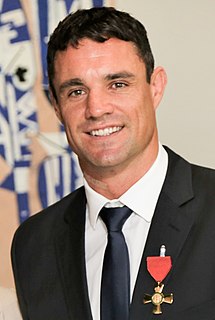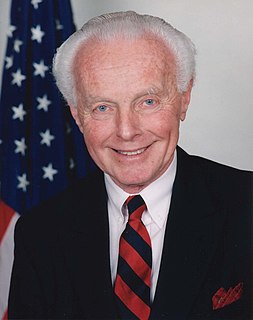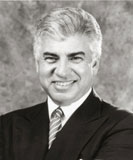A Quote by Thomas R. Pickering
Moskin has brought together with care and lucidity an inside history of American diplomacy written through the eyes of the many diplomats who conceived and carried it out over 225 years. You experience the challenges, successes, and foibles. Over time, the Foreign Service evolved into a professional cadre serving the public and presidents, often at the peril of their lives. Anyone interested in understanding our diplomacy, what makes it tick, and how it strives to serve the public interest should read this masterful history.
Quote Topics
American
Anyone
Brought
Cadre
Care
Carried
Challenges
Conceived
Diplomacy
Diplomats
Evolved
Experience
Eyes
Foibles
Foreign
Foreign Service
History
How
Inside
Interest
Interested
Lives
Lucidity
Makes
Many
Often
Our
Out
Over
Peril
Presidents
Professional
Public
Public Interest
Read
Serve
Service
Serving
Should
Successes
Through
Through The Eyes
Tick
Time
Together
Understanding
Written
Years
Related Quotes
I'm interested in the origins of the religious experience, how the history of religion has evolved over the last umpteen thousand years, and where religiosity is going in the future. I think that's a topic I've been chewing on for a few years; I would love to eventually work on and produce a book out of it.
I went out to cover the wars in Iraq and Afghanistan fundamentally [in Buzzing at the Sill] because I was interested in war as a notion and in experiencing it. I was interested in history and how societies form. I was interested in the recent history of what had provoked these wars. So when I finally got out there, I was really seeing the wars through the American perspective, much more than through being embedded with American soldiers and Marines.
I believe on foreign policy that there is little difference between the Democrats and Republicans on the Senate Foreign Relations Committee. We believe that the best course for containing North Korea's nuclear program is through diplomacy, and we disagree with the language the President Donald Trump has used, and the fact that he's made it more difficult for diplomacy to work.
In his study of Atlanta over the last 60 years, Kevin Kruse convincingly describes the critical connections between race, Sun Belt suburbanization, the rise of the new Republican majority. White Flight is a powerful and compelling book that should be read by anyone interested in modern American politics and post-World War II urban history.
The bourgeois public sphere may be conceived above all as the sphere of private people come together as a public; they soon claimed the public sphere regulated from above against the public authorities themselves, to engage them in a debate over the general rules governing relations in the basically privatized but publicly relevant sphere of commodity exchange and social labor.



































